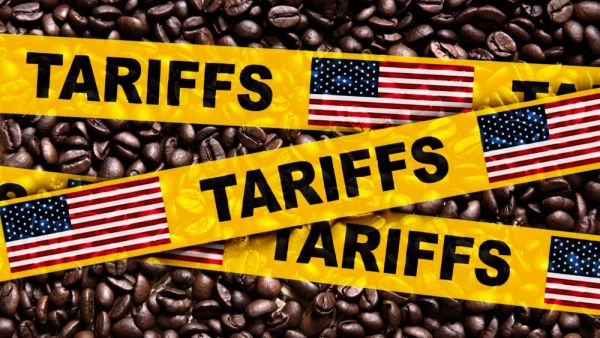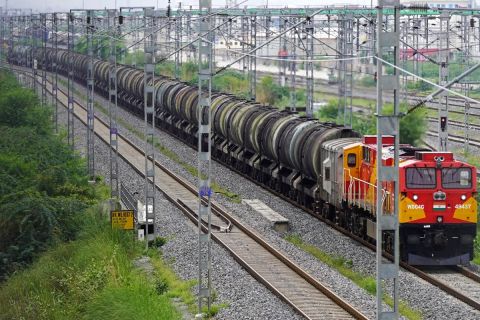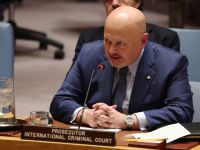ALBAWABA- The United States implemented a new wave of tariffs on a range of Brazilian imports on Wednesday, escalating economic pressure on Brazil amid ongoing legal proceedings against former President Jair Bolsonaro.
Brazilian President Luiz Inácio Lula da Silva sharply criticized the U.S. decision, calling it a "politically motivated move" tied to domestic American politics.
In remarks following the tariff announcement, Lula said he had no intention of speaking with Trump, and instead pledged to coordinate a response with Chinese President Xi Jinping, Indian Prime Minister Narendra Modi, and Russian President Vladimir Putin, underscoring Brazil’s alignment with its BRICS partners. “If Trump wants a trade war, he’ll fight it alone,” Lula added.
The decision is part of President Donald Trump’s broader political response to what he alleges are “unwarranted criminal charges” against Bolsonaro, a close ideological ally.
Under the new measures, tariffs on selected Brazilian goods have surged from 10% to as high as 50%, with the White House citing Brazil's “extraordinary policies” as detrimental to U.S. economic and foreign policy interests.
However, to limit disruption to bilateral trade, the package includes over 700 product exemptions, notably excluding orange juice and key civil aviation components.
While Brazilian Vice President Geraldo Alckmin stated that the new tariffs would affect only around 36% of Brazilian exports to the U.S., analysts noted that major commodities such as coffee, beef, and sugar are among the affected goods.
These sectors are core to Brazil’s export economy and could face significant headwinds if the measures remain in place long-term.
The White House executive order, issued last week, underscores growing friction between the two administrations. It accuses the Brazilian government of undermining U.S. economic interests and curbing free speech, particularly in light of Bolsonaro’s trial.
The former president is currently under house arrest for breaching a gag order tied to his alleged involvement in a post-election coup attempt, following his 2022 electoral defeat to current President Luiz Inácio Lula da Silva.
In response, Brazilian President Lula vowed to defend the country’s “sovereignty,” and Foreign Minister Mauro Vieira criticized what he called “unacceptable interference” during a recent visit to Washington.
Despite the diplomatic tension, experts suggest the trade impact may be mitigated. Valentina Sader, Brazil expert at the Atlantic Council, highlighted the extensive scope of the tariff exemptions as a sign that Washington seeks leverage rather than outright economic confrontation.
The tariffs mark a significant escalation in U.S.-Brazil relations and signal that political trials abroad may increasingly shape U.S. trade policy under Trump's administration.










